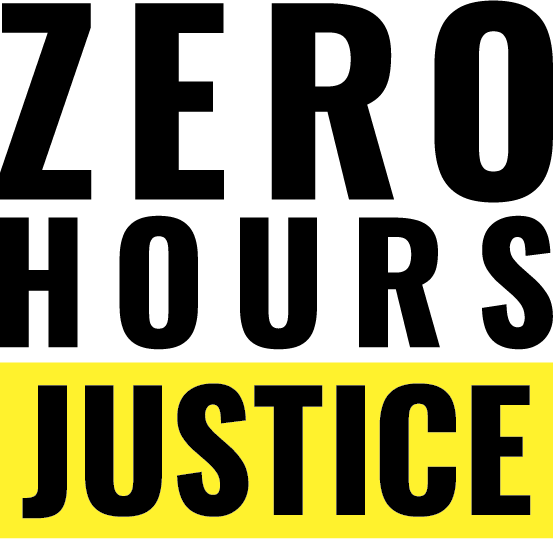|
By Pravin Jeyaraj
The coronavirus pandemic, however, has exposed a different reality. What Zero Hours Justice has found is that many casual workers have still had regular patterns and hours of work, as if they are permanent full-time or part-time employees, but without the same level of employment rights. When there was a shortage of staff and enough work to go around, the lack of a guarantee of work was less noticeable. In 2020, however, the government's strategy for tackling Covid-19 has lead to employers having to close down or reduce services for indeterminate periods of time. As a result, the lack of a guarantee of work has seen zero hours workers of all forms experience a drastic of loss of what had been regular income. Many employers, but not all, have simply chosen to not furlough zero hours contract workers, even though individual employment situation would have made workers eligible to be furloughed. Often, the reason for not furloughing zero hours contract workers was the lack of any contractual right to pay for work not performed. On the face of it, this sounds like a reasonable position to take, until one takes into account that many zero hours contract workers may actually be working like full-time or part-time employees. Furthermore, they may also lose out on employment rights because the breaks in their regular working pattern mean they cannot claim to have continuous employment.
Australia are just the latest in a line of countries with common law jurisdiction to attempt to significantly improve the lot of zero hours contract workers. In April 2017, zero hours contracts were effectively banned by New Zealand. Then, in 2018, on Christmas day, Ireland banned the use of zero hours contracts except in certain limited circumstances. A recent court ruling in South Africa, which has a hybrid legal system, found that amendments to the Labour Relations Act in 2015 meant zero hours contract workers could not be treated less favourably than permanent employees doing the same work. In this case, it was decided that not being guaranteed minimum hours was less favourable treatment. The United Kingdom, by comparison, has lagged behind its common law counterparts in the protection of zero hours contract workers. The most it has managed has been the banning of exclusivity clauses that zero hours contract workers from finding additional work when their main employer could not guarantee work. In 2019, it consulted on a number of reforms, including compensation for shifts cancelled at short notice and the requirement for a minimum notice period to cancelling shifts. The government appears to have forgotten about this consultation. If such a change in a law had been introduced, it would have made a big difference to the thousands of zero hours contract workers who suddenly lost work during the pandemic. But that would have been just the tip of the iceberg. More importantly, in the post-Brexit economic environment, how does the UK government hope to agree adequate free trade deals with other English-speaking countries when its protection of the most vulnerable workers appear to be weaker?
Comments are closed.
|
contactFor press enquiries or permission to reuse content, please contact: Archives
June 2024
CATEGORIES
All
|
|
Company No: 12417909 Registered Office: 38 Coney Street, York, Y01 9ND
|



 RSS Feed
RSS Feed


